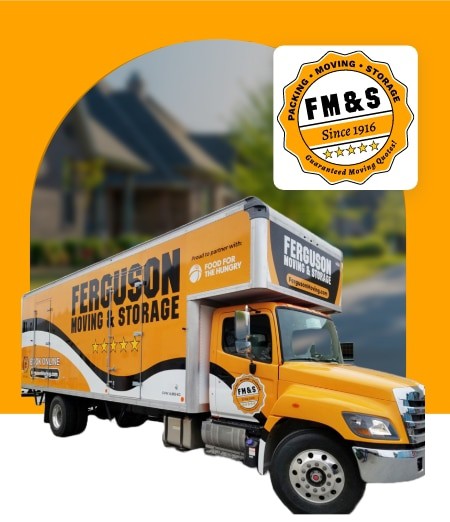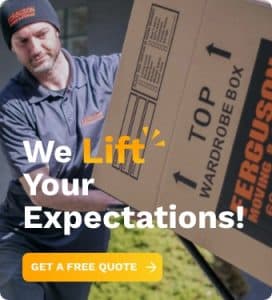
While one may not think of Vancouver’s climate as being a hotspot for homeowners with swimming pools, they do exist. Vancouver homes with pools are also on the market, if you want to move from one home to another, and keep your swimming pool lifestyle (whether outdoor or indoor). An MLS search such as this one can help you find Vancouver homes with swimming pools.
But when you move from one swimming pool home to another, you may want to bring some accessories with you. Yes, it’s true you might negotiate the swimming pool accessories and equipment along with the sale of the house. However, depending on the value and quantity of your pool accessories, it may be a cost savings to bring them along with you.
Plus, if you have kids, and the new buyers don’t, you might be able to get away with bringing your pool slide and paddleboards with you. Also, your buyers may not care for the coloured lights you’ve chosen, or they may plan on using a different heating type for their pool, and so on.
All of these items have value, plus varying costs to operate or maintain. So, pools do come with buyer preferences. And that’s where you may end up deciding to bring some pool equipment or accessories with you.
Below are some tips for handling the relocation, or moving pool accessories and equipment:
Take an inventory of your pool parts, understand what they are, and what they’re worth
Before you jump to include your pool and all its equipment or accessories into the sale price of your home, it would be good to know what they’re worth. This is especially if you bought the pool along with the house, and aren’t aware of the installation values, product values and so on.
And, as this article states, a professional pool inspection as part of house inspection services can help with this stage. This will also let you know the condition that the pool equipment is in, and if anything needs replacing, or updating.
At this point, you can decide whether to sell your pool equipment and accessories as one-off pieces, bring them with you or add them to the value of your home. Speak to your realtor about these options as well.
Pool equipment, whether for in-ground or above-ground pools, can refer to:
- Pumps
- Filters
- Heaters (an optional part)
- Plumbing & electricity lines (see this article for more info)
- LED lights (though these can be considered an accessory)
- Electricity breakers
- Chemical dispensers
Pool accessories can refer to:
- Slides
- Diving boards
- Steps or ladders
- Pool covers (including automated ones)
- Life jackets and lifesaver buoys
- Leaf skimmers or nets
- Pool thermometers or testers
- Pool machine cleaners (various kinds) or vacuums
- Complimentary deck furniture
- Pool noodles, inflatables, paddle boards, etc.
- Fountains
- Chemicals, salts or cleaning products
- Alarm systems
- Drain covers and other small parts
- Liners
A store website like this one can give even more examples of the categories of items you will need to keep, or sell, if you are a pool owner.
Disassemble and photograph complex pool equipment you plan on moving
Whether you want to move your pool equipment a few feet away, or to a new location entirely, keep in mind this will involve complex work. A typical house mover that moves your furniture may not be the person to call. Specialized pool service people would need to come in, as well as qualified electricians, and perhaps plumbers. Plus, in some cases, you may need certain building permits, or assurances that you are complying with legal safety codes when implementing the changes. So, moving pool equipment is also not a cheap thing to do. This article explains more about the process.
This video explains a little bit about moving just a pump and filter.
When you do any part of the pool equipment move yourself, you will definitely want to take an inventory of parts. You also should be taking photographs of the finished products before you disassemble them. And, record the steps you’re taking, from even before the point of drainage, so you can do them in reverse later, if possible. That way, you can have a reference for how things were set up originally. This goes especially for older equipment where you may not be able to search online for instruction manuals!
Preparing and moving pool accessories
While underground or specialized pool equipment would need servicemen, some of your pool accessories could be moved on your own, of course. Still, if you are unscrewing anything (such as slides or diving boards that are bolted down), you will want to follow the above procedures.
And, make sure kids are not trying to use the slide while it’s not secured! If you are taking down gates or barriers while children are around, you may also want to drain the pool for safety too.
It goes without saying that any lighter, portable accessories should be dried, cleaned and deflated before moving. Of course, you’ll also want to contain the items in bins or bags. Don’t let them sit wet in tightly closed conditions for too long, to avoid mould growth.
Remember also that you can’t bring chemicals into moving trucks! They will need to go into your own car, or safely disposed of according to your local bylaws.
To conclude: moving pool accessories equipment involves many services and costs, which may not be worth the hassle
As you can see from the information above, moving pool equipment can be so complex, you may decide not to go for it. The procedure could only be done partially on your own, if you are not a qualified electrician, plumber or swimming pool specialist. And, there will be costs for transport too, even if you could detach and bring pool machinery with you.
So the hassle alone can be a deterrent. This is especially so if you’re planning the move apart from a bigger renovation project. In that case, pool equipment would only be moving a short distance, on the same property. Or, other solutions such as replacements or cover-ups can come into play.
It is more likely that you may end up moving your pool ‘toys’ and accessories with you. Movers in Vancouver can help with this, as these items usually don’t involve specialized training or legalities minus the chemicals, which can’t go in moving trucks.
Plus, if you move into a new home which also has a pool, you may find that you have everything you need built in already.
See related articles:

Categories
Moving Resources
Moving Checklist
Follow this comprehensive moving checklist to ease your relocation stress and stay organized.
Learn MoreMoving Company Comparison Guide
This comparison guide helps you evaluate and select the perfect moving company for your needs.
Learn MoreWe make moves easy for you.
- Local Moving
- Long Distance Moving
- Seniors Moving
- Piano Moving
- Item Relocation
- Overnight and Long-term Storage
- Packing Supplies




